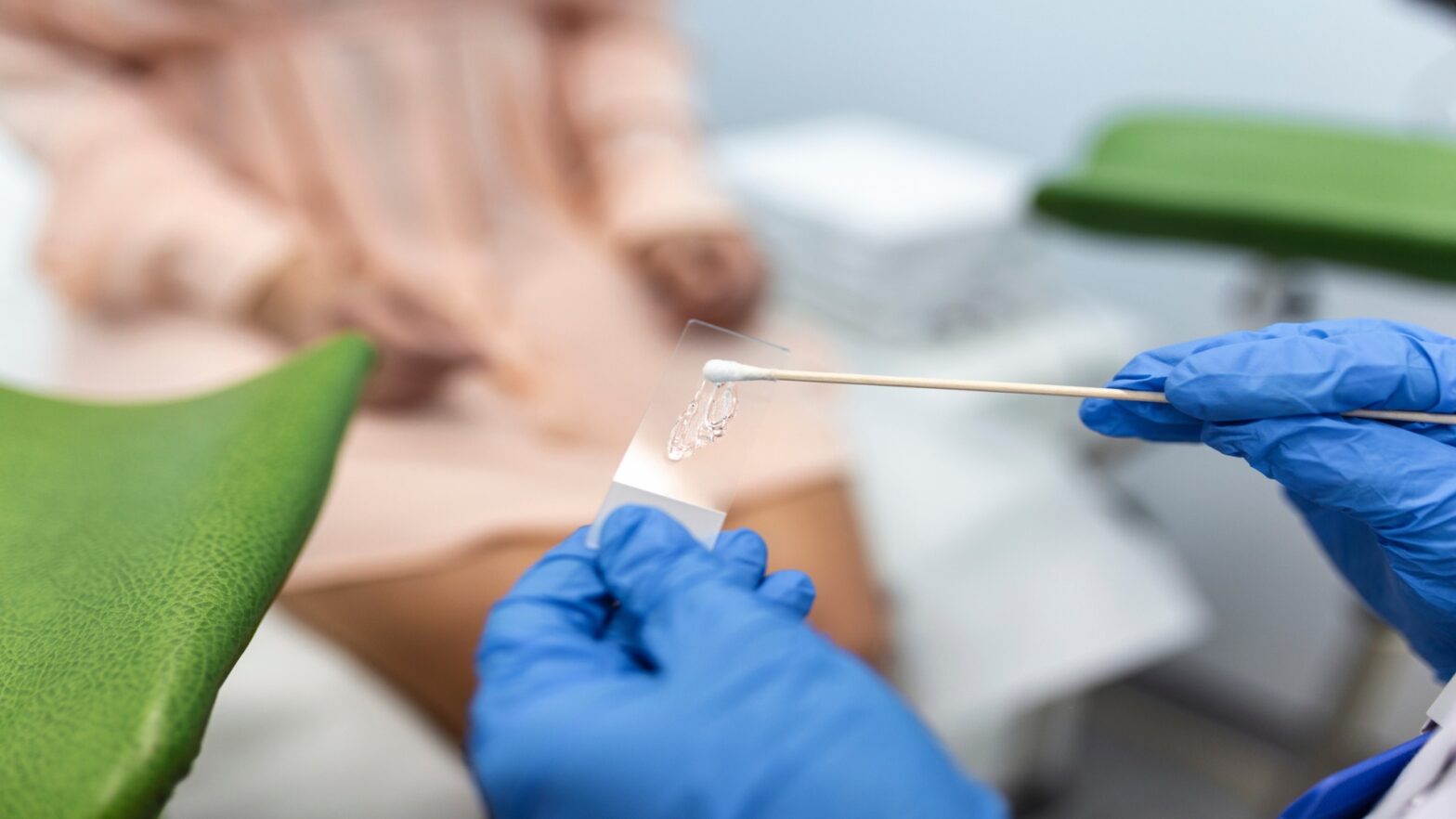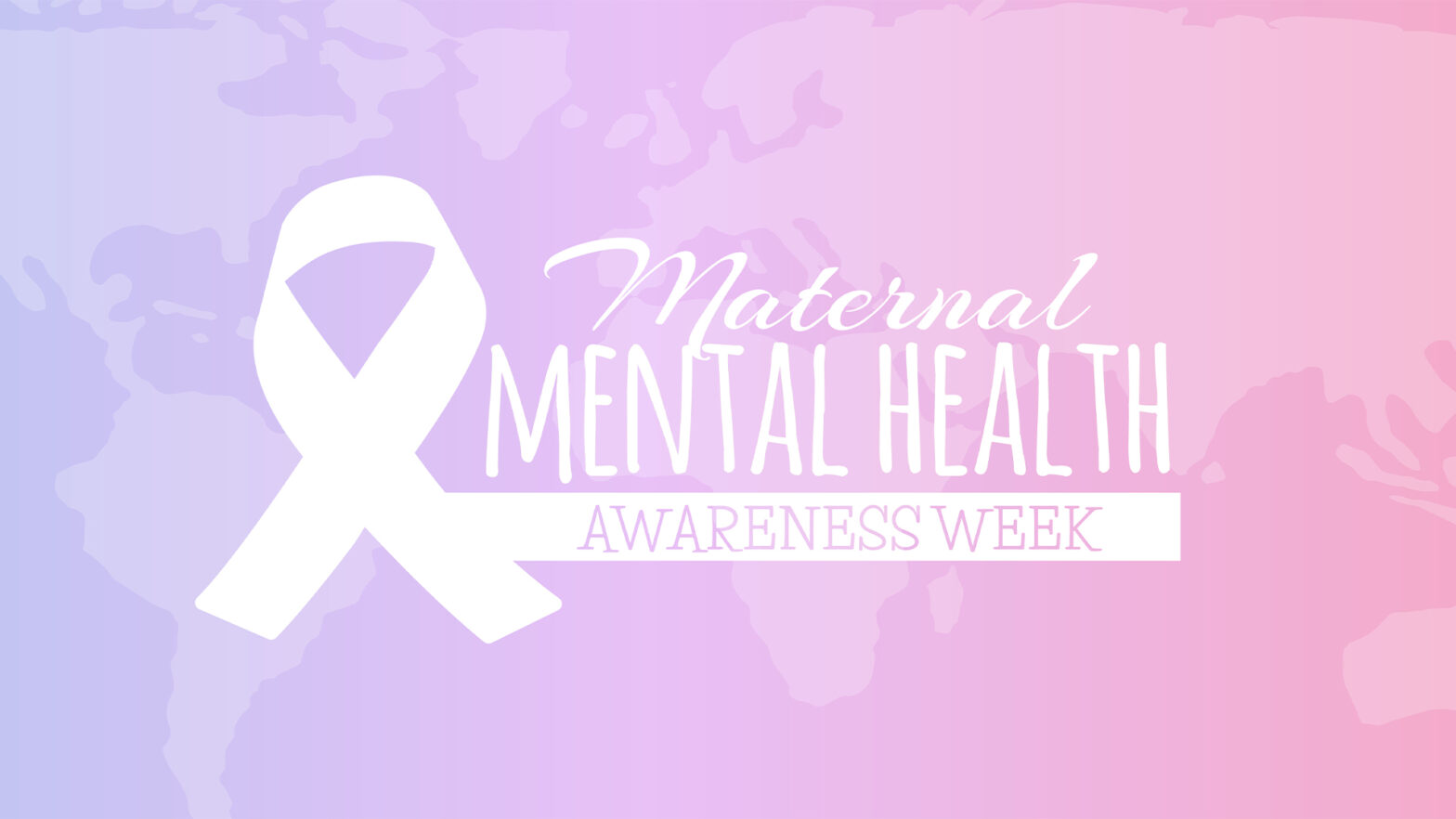
Donating your eggs is an incredibly selfless act that has many rewards, but it’s also an important decision that requires a lot of careful consideration, so what does it involve?
TFP Fertility UK, one of the UK’s largest IVF providers and fertility specialists, gives a detailed look at what the steps are to becoming an egg donor.
What is egg donation?
Egg donation is when a woman has healthy eggs collected from her ovaries which are then used to support someone else’s fertility treatment. There are a range of reasons a person could need to use a donor egg in their fertility treatment, including fertility problems, age, early menopause, fertility affected by cancer treatment or not wanting to pass on genetic conditions to their children.
Why do people donate eggs?
There are many reasons why women choose to donate eggs, including:
- The pleasure of helping someone you don’t know have a much longed for baby
- Helping a family member or friend who is unable to use their own eggs
Each year we help so many people who couldn’t otherwise conceive and see first-hand what an incredible difference egg donation makes.
Who can donate eggs?
AT TFP Fertility UK, we have the following criteria for women who wish to donate eggs. However, we’ll always speak to each person individually to see if they’re a suitable donor.
To become an egg donor, you need to:
- Be aged 21 to 35 (although we may accept eggs donated by an older woman in exceptional circumstances, such as eggs being donated to a family member)
- Have a body mass index of between 18 and 35
- Be a non-smoker for at least three months, including e-cigarettes
- Not have any serious illnesses or infections that could be passed on to a baby or mother
- Be able to share your full medical history and those of your immediate biological family, including your parents, siblings, children, and grandparents
It’s also important to know that if you wish to be an egg donor, you’ll need to:
- Inject yourself with fertility drugs to stimulate your ovaries
- Attend appointments at your local clinic – something which is likely to affect your daily routine for a short period. Once you’ve started stimulatory medication, you’ll need to attend every other morning for an internal scan and bloods test to determine when you’re ready for egg collection.
Between three and five appointments will be needed for this. - Attend fertility counselling to help you fully understand what it means to donate your eggs, and the impact it may have on you and your family in the future.
Anonymity and legal rights
How often can someone donate eggs?
You can donate eggs as many times you want. But legally, your donated eggs cannot be used to create more than 10 families. Once this limit is reached, you won’t be able to donate any more eggs.
Can I find out about the children who resulted from my donated eggs?
You won’t be made aware who has received your eggs but understandably you may want to find out if your egg donation has helped someone have a child.
You can contact your clinic directly or ask for the following information from the Human Fertilisation & Embryology Authority (HFEA):
- Number of children born
- Gender(s)
- Year(s) of birth
You won’t be given any information that could reveal the identity of the child/children.
Can children born from donor eggs contact the donor?
Children born through egg donation can currently obtain non-identifying information about their donor at the age of 16 and identifying information at the age of 18.
They may only obtain identifying information at 16 if they’re getting married so need to know.
At 18, they can obtain last known contact details (email, phone number, and address) but it’s up to the donor to update HFEA if any of these details change.
What legal responsibilities or rights do egg donors have?
In the UK, you have no legal rights over or responsibilities to any children born from the eggs you donate.
You’ll have no say over how they’re raised or pay anything towards their upbringing.
You can retract your wish to donate at any stage up until donation has taken place should you change your mind.
Visit www.tfp-fertility.com to find out more.
















